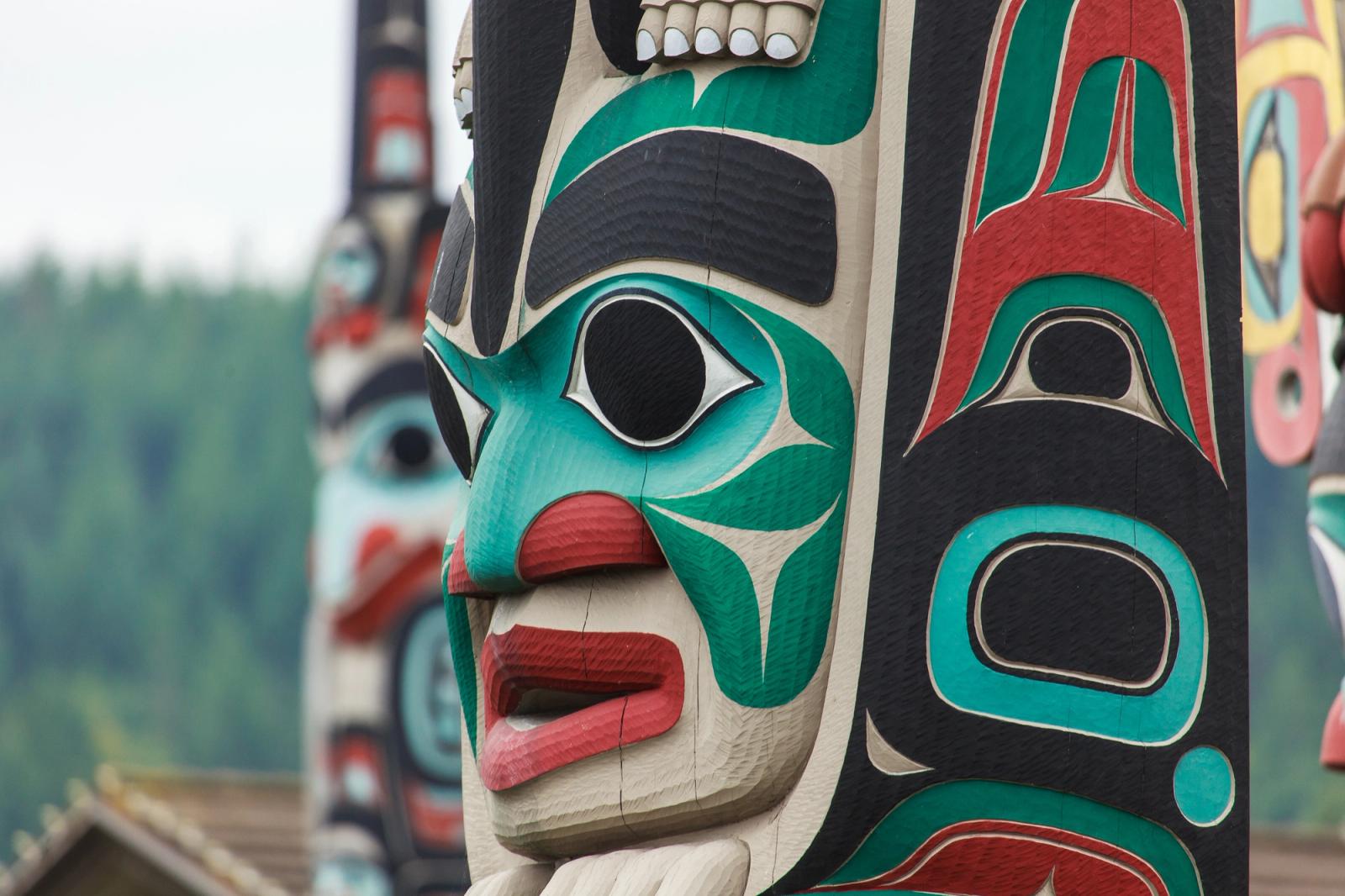The Topline
- The B.C. Supreme Court issued a decision recognizing Aboriginal title for the Cowichan Nation over part of Richmond, B.C. on Aug. 7
- This is the first time a Canadian court has explicitly ruled that Aboriginal title supersedes private property rights
Switch sides,
back and forth
Land titles in potential disarray
This decision is precedent-setting.
Aboriginal title has never intersected with private property rights in such a specific way before this and the ruling could reshape property law across B.C.
Landowners, including homeowners, municipalities, and businesses, now face some ambiguity about the security of their land titles.
The B.C. government ain’t havin’ none of it.
“We disagree strongly with the decision. British Columbia will be filing an appeal and seeking a stay to pause implementation until the appeal is resolved,” said Attorney General Niki Sharma in a statement and cited private property rights as a primary concern.
Premier David Eby said in his own statement that his government would “continue to seek resolution of this matter through negotiations with the nations involved outside of court.”
He added, “But let me be clear: owning private property with clear title is key to borrowing for a mortgage, economic certainty, and the real estate market.
“We remain committed to protecting and upholding this foundation of business and personal predictability, and our provincial economy, for Indigenous and non-Indigenous people alike.”
The City of Richmond has warned of risks to economic investment and property security, and note that up to $100 billion in port, industrial and commercial infrastructure are now legally in question.
Musqueam Nation also criticized the decision , with Chief Wayne Sparrow arguing that it ignores traditional governance and stewardship protocols among Coast Salish nations. Musqueam maintains that stewarding and resource-sharing practices across territories weren’t recognized by the court.
SO WHAT?
This precedent isn’t confined to just B.C. – this has potential ramifications nationally. There’s no reason that similar rulings couldn’t happen in other provinces where Aboriginal title hasn’t been extinguished.
That means banks, insurers, and investors across Canada may start baking “title risk” into lending and development decisions, slowing down the process and making it considerably more expensive.
Large swaths of critical infrastructure—ports, pipelines, hydro corridors—are on lands that could be subject to similar claims. National projects like the Trans Mountain pipeline, East Coast LNG terminals, or major rail lines could face renewed legal challenges.
In other words, we’re in uncharted territory.
Land back, but for real
The decision is a major win for Cowichan Tribes, and for all First Nations seeking control of traditional lands.
The Court’s decision also rewires the national reconciliation framework as well and blows a hole in what the First Nations views as the colonizer’s grip on traditional lands.
Chief Sulsulxumaat Cindy Daniels of Cowichan Tribes said the ruling is vital step toward acknowledging their history and rights and constitutes a “powerful reminder” to Canada and B.C. that historical injustices must be addressed.
The roughly 1,846 acres in dispute on what is now Lulu Island were part of the Cowichan people’s traditional use and occupancy area, where they fished, hunted, and conducted trade. Today, the land consists of municipal land, private agriculture land and homes, a golf course and federally owned port land now home to Amazon, UPS, Canadian Tire and other warehouses.
The Cowichan argued that the land was never ceded or sold, but appropriated through colonial land grants in the late 1800s. Legal counsel for the Tribes made clear that this was not about a payout, but a return of the land and recognition of sovereignty in the area.
Rather than seek retribution for past injustices, the court case was seen as a more effective method to achieve a favourable result to honour the Tribes’ culture and history.
Chief John Elliott, representing Stz’uminus, said in a press conference , “Someday we’ll be back on the river doing what our ancestors did.
SO WHAT?
The Cowichan decision proves that courts are willing to recognize Aboriginal title even over privately owned land, not just Crown land. If it’s upheld on appeal, it’s a green light for other Nations across the country to litigate rather than negotiate, especially in B.C., the Meritimes and parts of Quebec that don’t have historic treaties. It’s a huge deal.

